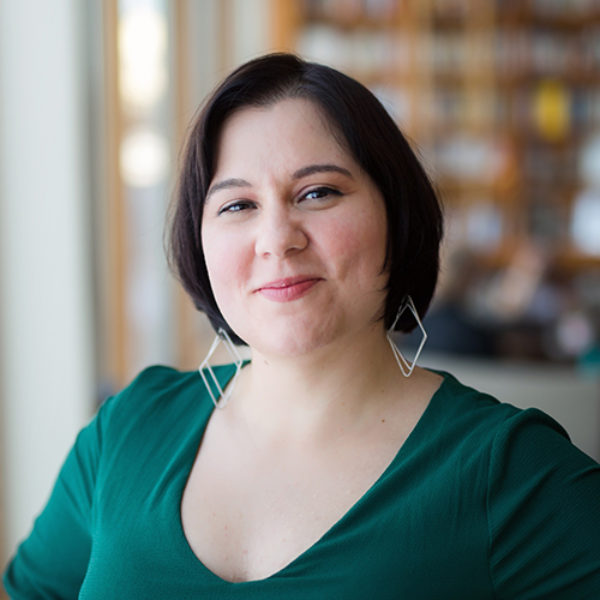Seeing Religious Creeds as Scientific Hypotheses with Lindon Eaves
Religion, like science, is about passionately pursuing what we know we cannot pin down, says Lindon Eaves. In 2002, Krista Tippett spoke with the geneticist and Anglican priest for the On Being episode “Science and Being.” More than a decade later, Krista says it’s still one of her favorite interviews and finds herself quoting from it while in conversation with other scientists.
Mr. Eaves says that he is always conducting an ongoing conversation with himself, a lively and irreverent back and forth between the scientist in him and the priest.
“I would say there are plenty of times when I just need to keep religion at bay in order to do my job properly. I mean, to be a thorough-going scientist I am compelled in the short term to see really good reasons for not believing the current model for reality because that’s how science perceives. That’s a conversation between the past and the future with a real belief that everything we’ve believed in the past may turn out to be wrong.”
Mr. Eaves is able to take comfort in what he does not know, in both science and religion. He compares scientific formulas and religious creeds, doctrines formulated by great theological minds to clarify basic beliefs:
“I mean, you can either think of, lets say the creeds of the great traditions as it were, as telling you what you ought to think. Or you can say they are in some some sense comparable to the theories of science. They are the best distillations of where we’ve been. But we don’t approach reality treating those models as if they are the last word. We treat them as operational hypotheses.”
